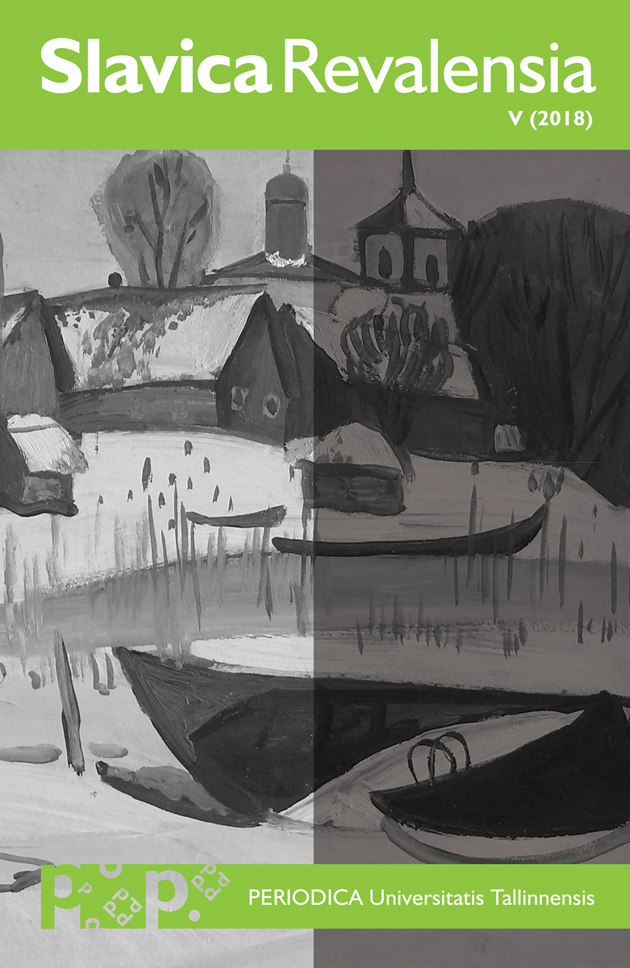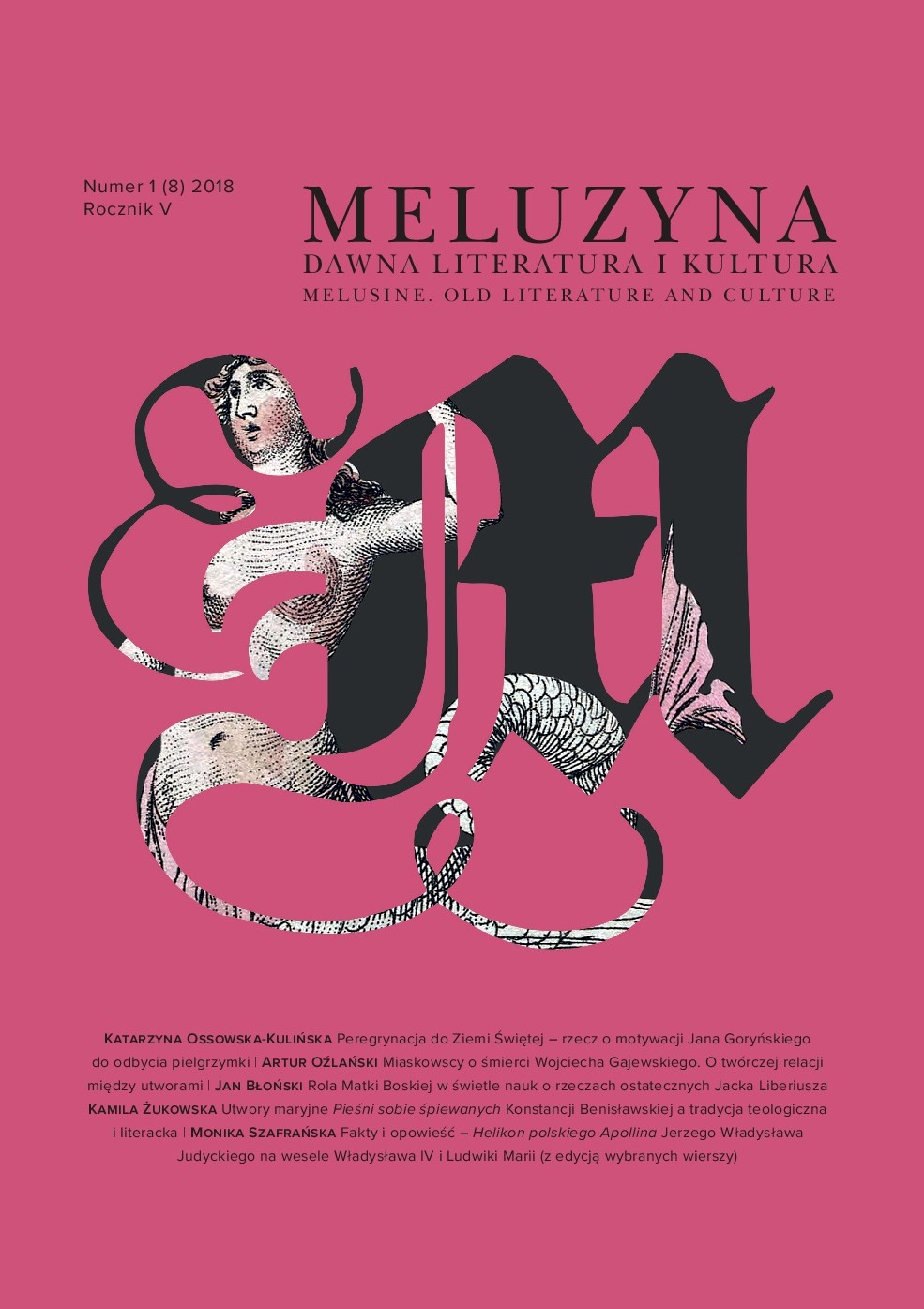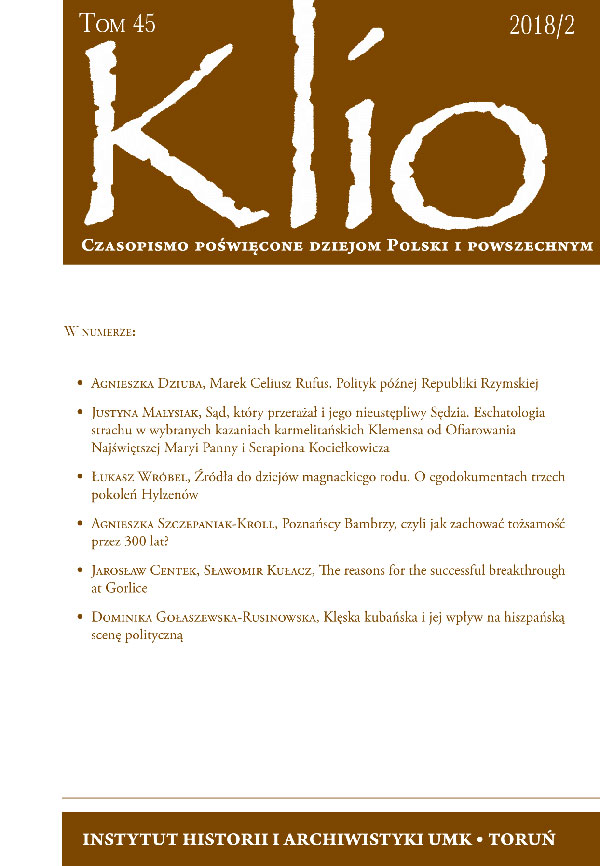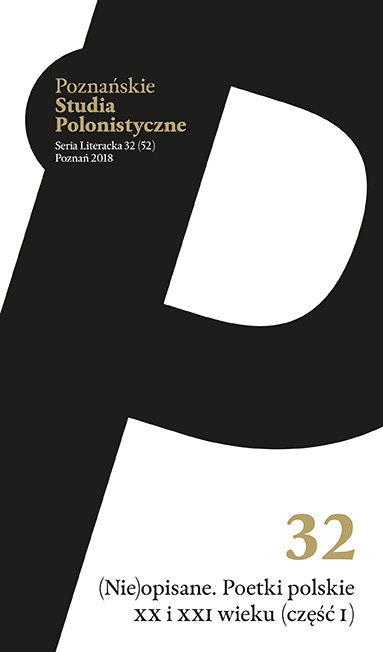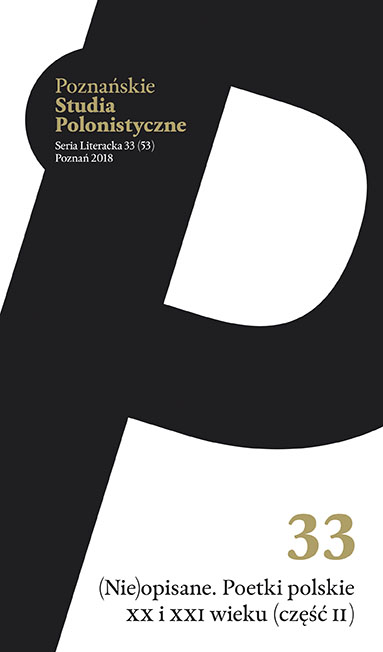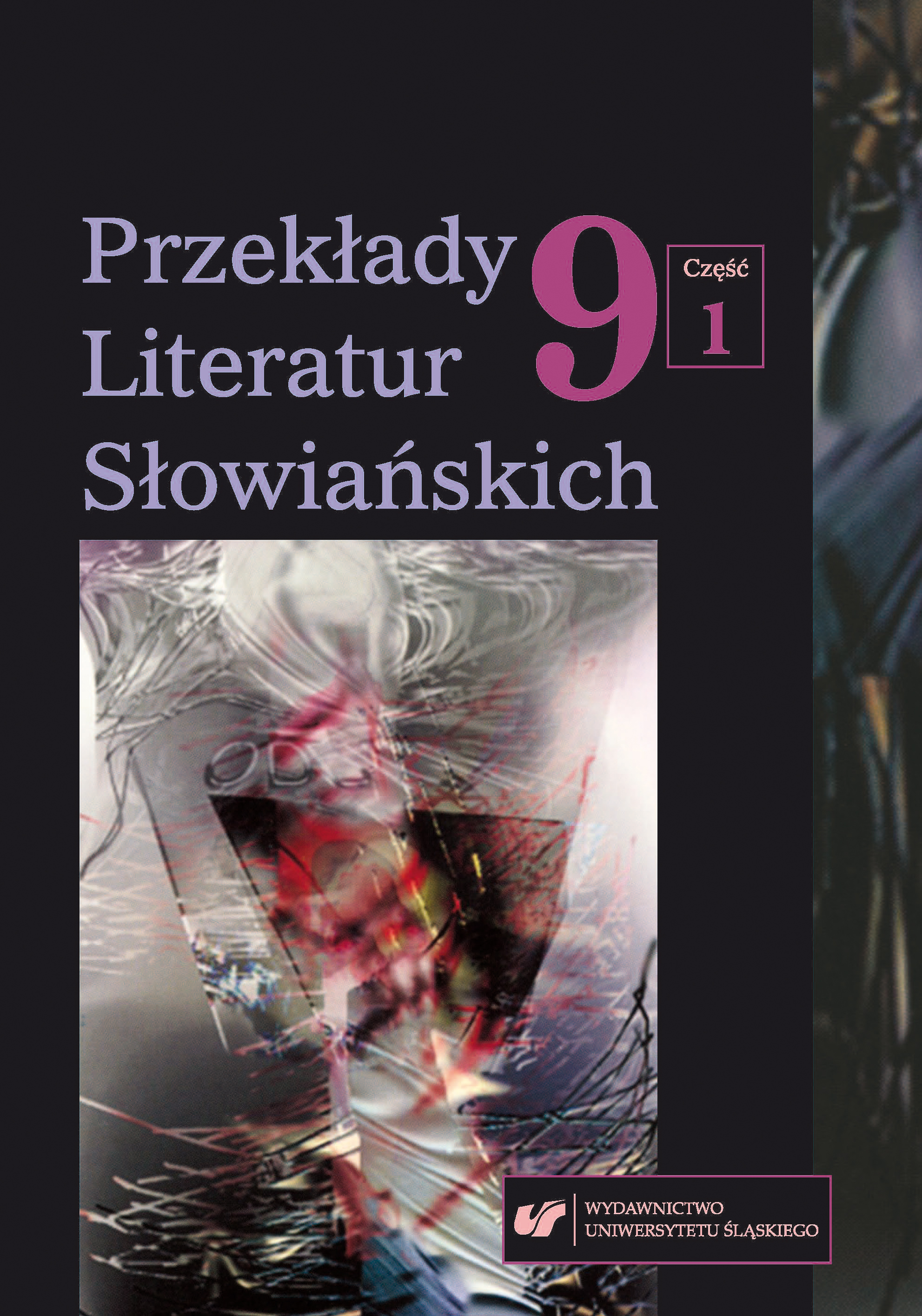
O przyjemności tłumaczenia
In his „Dire quasi la stessa cosa. Esperienze di traduzione” (2003) Umberto Eco discusses and comments on important dynamics of translation, its strategies and gestures, using examples drawn from his own literary works rendered in different languages. Thus, the answer to the question of the reasons we translate is formulated in relation to some subjective experiences of literary translation from and into Italian exercised by the author of the essay. The category of pleasure is presented as a significative factor that prompts us to translate.
More...
